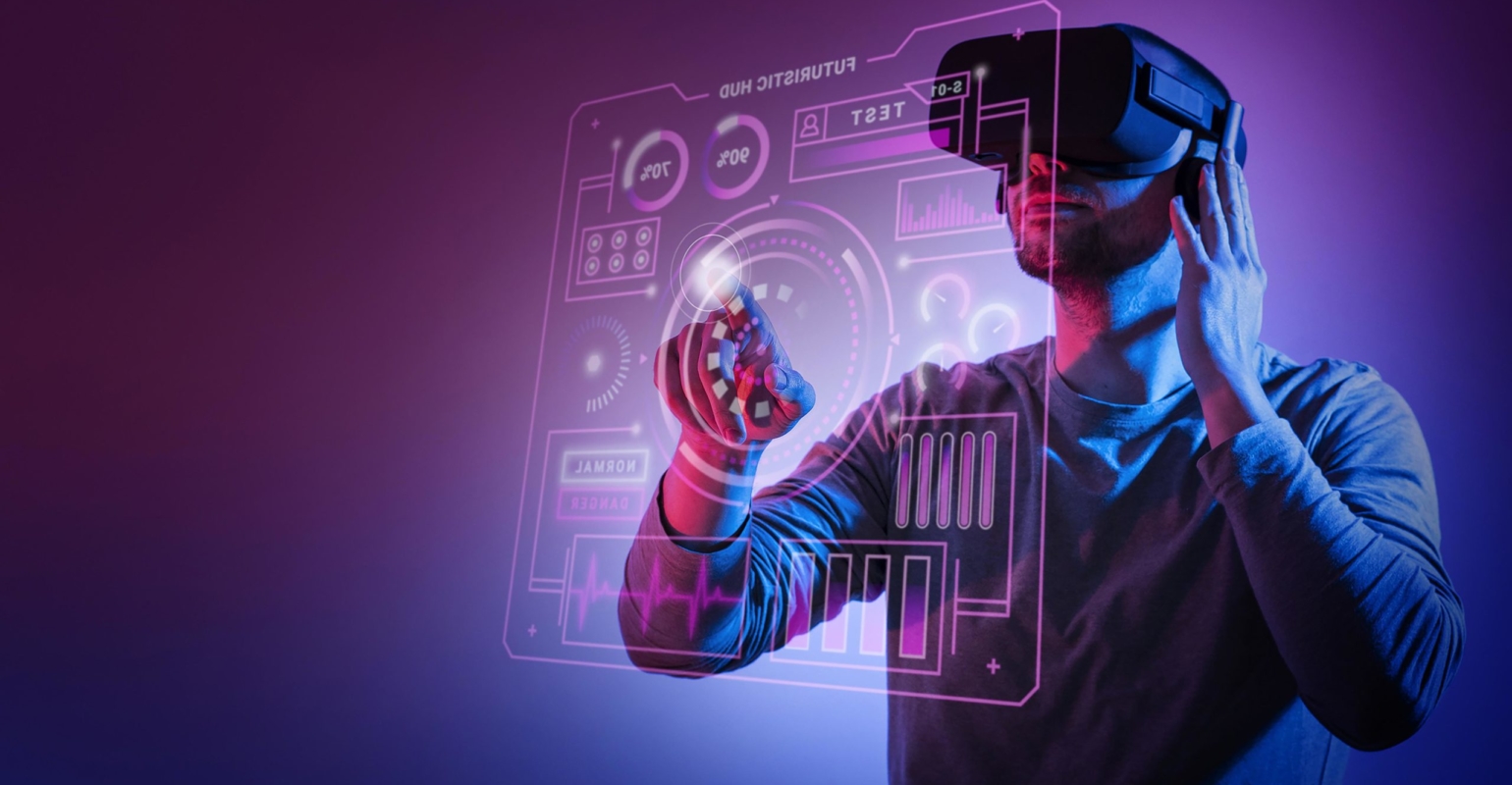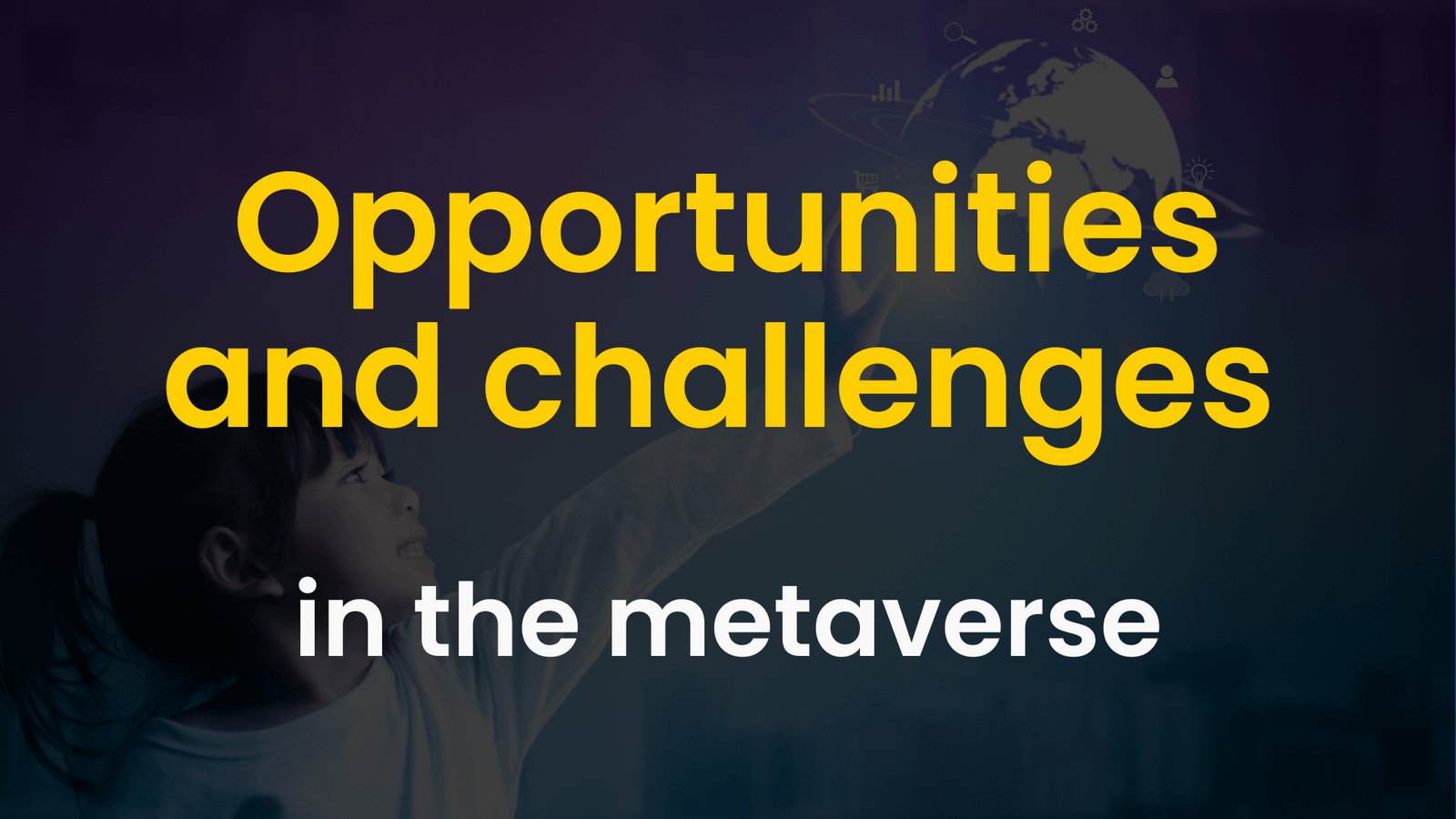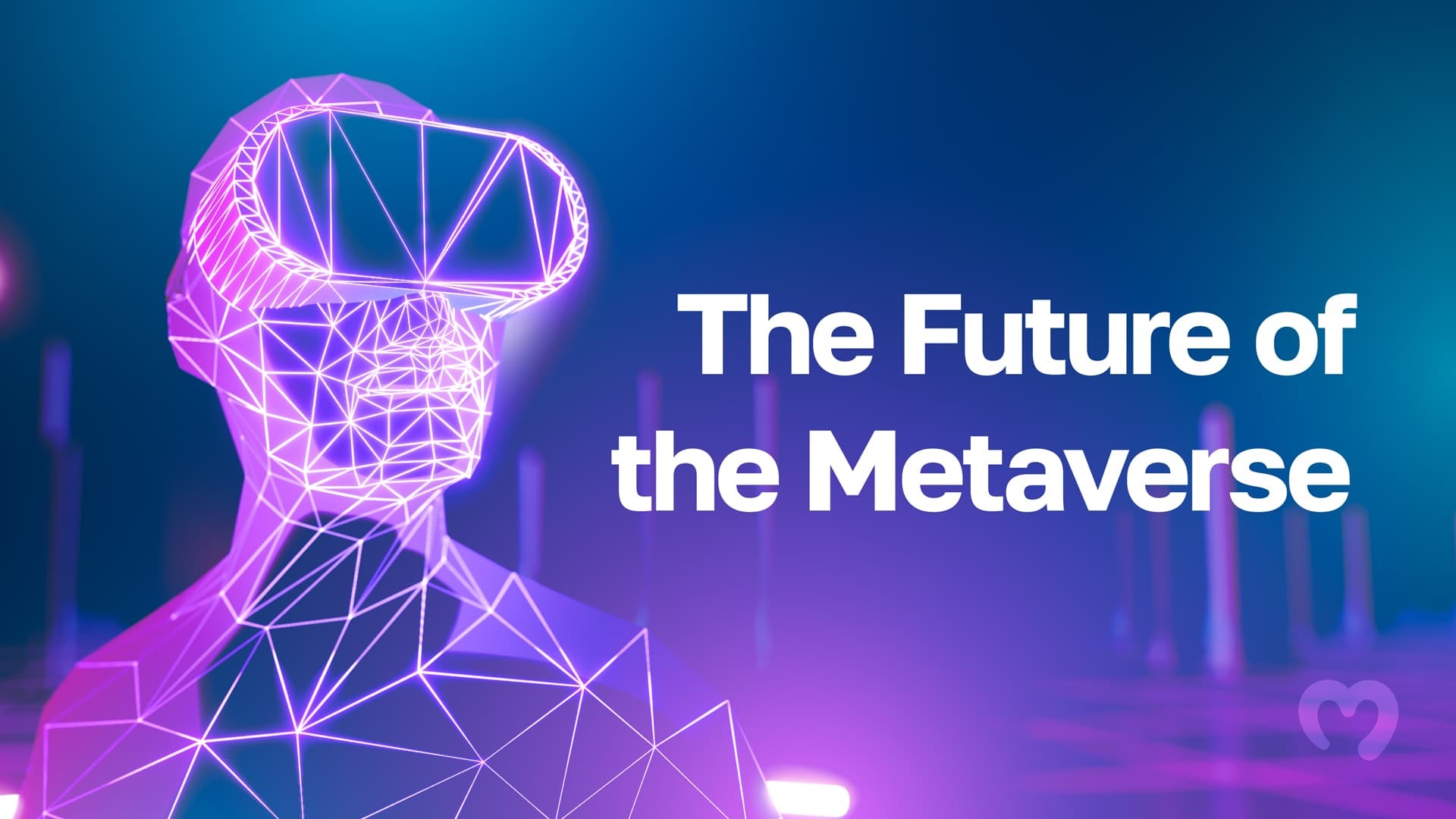
Entering the Metaverse: Your Guide to the Immersive Digital World
Imagine standing in a packed virtual concert, the crowd cheering as your favorite band plays. You’re not just watching; you’re dancing with friends from other states, feeling the beat together. This is just one glimpse into the metaverse, an expansive digital universe where reality and technology blend seamlessly.
The metaverse is a shared virtual space, combining physical and digital worlds. Its key traits include persistent virtual environments, customizable avatars, and user-created content. This article will explore the metaverse’s implications, applications, and its ever-evolving future.
What is the Metaverse? Defining the Digital Frontier
Understanding the Metaverse Concept
The metaverse is more than just a collection of virtual reality games. It has core components that make it unique:
- Persistent Virtual Worlds: These are spaces that exist continuously, regardless of whether users are online or offline.
- Virtual Avatars: Users can create and customize digital representations of themselves.
- User-Generated Content: Players can design their own experiences, contributing to the overall landscape of the metaverse.
Key Characteristics of the Metaverse
Several defining attributes set the metaverse apart:
- Immersiveness: Users can fully engage in rich, interactive experiences.
- Interoperability: Different platforms can communicate and work together seamlessly.
- Decentralization: No single entity controls the metaverse, which promotes user freedom and security.
- Scalability: The infrastructure can grow to accommodate millions of users.
The metaverse market is projected to reach $800 billion by 2024, showing significant growth in user interest and engagement (Source: Bloomberg).
The Metaverse vs. Virtual Reality
The concepts of the metaverse and virtual reality (VR) are often discussed together, but they represent different ideas in the realm of digital experiences. Both are closely related, yet they serve distinct purposes and offer unique opportunities. Understanding the difference between the two is crucial for anyone exploring the future of digital spaces, social interaction, work environments, and entertainment.
While virtual reality (VR) is a key part of the metaverse, they're not the same. VR focuses on creating immersive experiences using headsets. The metaverse encompasses a broader spectrum, including social interactions, digital economies, and persistent environments that exist beyond physical limitations.
Exploring Metaverse Applications Across Industries
Gaming and Entertainment in the Metaverse
The gaming industry is one of the biggest players in the metaverse realm. Games like "Fortnite" and "Roblox" have successfully built communities where players engage in social experiences beyond just gameplay. User engagement in these metaverse games can skyrocket, with "Roblox" reporting over 200 million monthly active users (Source: Statista).
Metaverse in Business and Commerce
The metaverse opens new doors for businesses. Companies like Nike and Gucci use the metaverse to host virtual events and product launches. Virtual showrooms let customers experience products in a fun and engaging way, transforming how brands connect with their audience.
Metaverse in Education and Training
Educational institutions are exploring the educational potential of the metaverse. Virtual classrooms facilitate immersive learning experiences, allowing students to engage with the material in ways never possible before. For example, Stanford University uses virtual reality for medical training simulations, enhancing skill development (Source: Stanford University).
The Importance of Metaverse
The metaverse is important because it can change the way we live, work, and connect with each other. It makes it easier for people to work together, no matter where they are in the world. Businesses can hire people from anywhere and encourage social interaction remotely, which can lead to growth in both business and personal life.
The Technology Powering the Metaverse
Virtual and Augmented Reality (VR/AR)
VR and AR play crucial roles in the metaverse. VR immerses users in a completely digital world, while AR blends digital elements with the real environment, enabling unique interactions.
Blockchain and Decentralization
Blockchain technology helps shape the decentralized nature of the metaverse. It ensures secure transactions and ownership of virtual assets, giving users more control over their digital experiences.
Artificial Intelligence (AI)
AI enhances the metaverse by creating realistic avatars and personalizing user experiences. It can power NPCs (non-playable characters) that respond intelligently to player actions, enriching gameplay.
Navigating the Metaverse: Challenges and Opportunities
Accessibility and Inclusivity
As the metaverse expands, ensuring accessibility is vital. Currently, over 3 billion people lack internet access, highlighting the digital divide (Source: International Telecommunication Union). Addressing this gap is crucial for inclusion.
Privacy and Security Concerns
With more personal data shared in the metaverse, privacy and security become pressing issues. Regulations like the General Data Protection Regulation (GDPR) aim to protect user data but adapting to new technologies remains a challenge.
Ethical Considerations
The metaverse raises ethical questions. Concerns about addiction, misinformation, and potential misuse of technology need careful examination. Balancing innovation with responsibility is essential for a healthy metaverse.
The Future of the Metaverse: Trends and Predictions
Interoperability and Standards
For the metaverse to thrive, interoperability and industry standards are crucial. This means different platforms must be able to work together seamlessly, creating a unified experience.
The Metaverse Economy
The metaverse presents unique economic opportunities. Virtual assets, like NFTs, are transforming how people invest and trade online. However, challenges exist as new markets develop and regulations catch up.
Societal Impact of the Metaverse
Experts predict the metaverse will shape our social interactions. As people spend more time online, understanding its effects on relationships and mental health remains critical (Source: McKinsey & Company).
Conclusion
The metaverse represents a monumental shift in how we interact, learn, and do business. Its immersive, decentralized environments offer exciting opportunities and challenges. Exploring this digital universe is not just for the tech-savvy; it holds potential for everyone. So, dive in, explore different platforms, and engage with the incredible experiences waiting for you in the metaverse.
Thanks for reading!










0 Comments